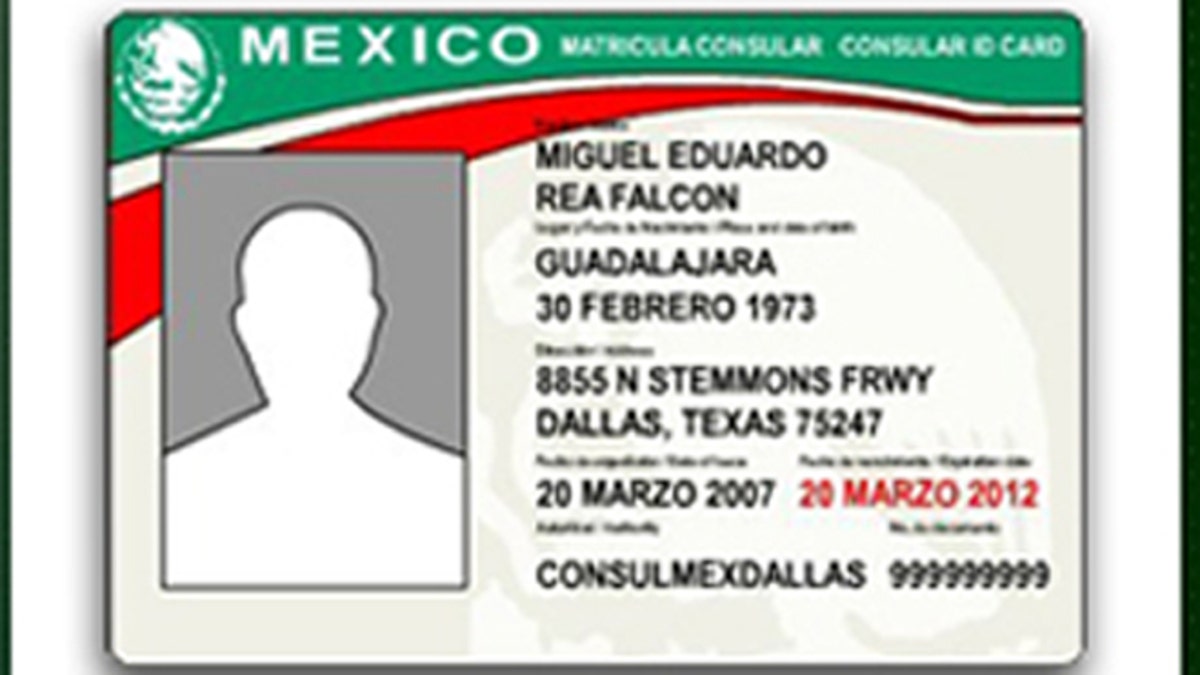
(Mexican Consulate LA)
Atlanta, Georgia – Atlanta no longer will recognize a form of Mexican identification called a "matricula consular," commonly used by undocumented immigrants in the United States who cannot obtain driver's licenses or other official U.S. government-issued documents.
The Atlanta City Council voted last month to repeal the ordinance after a complaint was filed with the newly created state Immigration Enforcement and Review Board. The complaint said the ordinance adopted in 2004 violates a new state law targeting undocumented immigration by recognizing the matricula consular for city government transactions.
The complaint filed in February by anti-illegal immigration activist D.A. King was the first complaint received by the board, which was also created by the anti-illegal immigration law enacted last year.
The seven-person panel has the power to investigate complaints, hold hearings, subpoena documents and witnesses, and take disciplinary action. If the board finds a "knowing and willful violation or failure to enforce an eligibility status provision," a public employee or agency could be removed from the list of qualified local governments, lose state funds, and could be ordered to pay a fine between $1,000 and $5,000.
"I'm happy to hear about the common-sense repealing of the ordinance," King said Monday.
The matricula consular is an identification card issued by Mexican consulates to Mexican citizens in other countries. The Georgia law says agencies that administer public benefits must require applicants to submit a secure and verifiable form of identification proving eligibility, and it specifically says a matricula consular is not acceptable.
The city has said it did not knowingly and willfully violate the law because the ordinance in question was enacted before last year's law took effect, and pointed out that it took quick action to remedy the situation once it was made aware of the problem. The city is asking the Immigration Enforcement Review Board to dismiss the complaint now that the ordinance has been repealed.
Board chairman Ben Vinson did not immediately respond to calls and an email seeking comment Monday.
He has previously said the complaint process could end with a written response if the person or agency that was the subject of the complaint demonstrates that the complaint is not true or that remedial action has been taken.
This story is based on The Associated Press.
Follow us on twitter.com/foxnewslatino
Like us at facebook.com/foxnewslatino












































